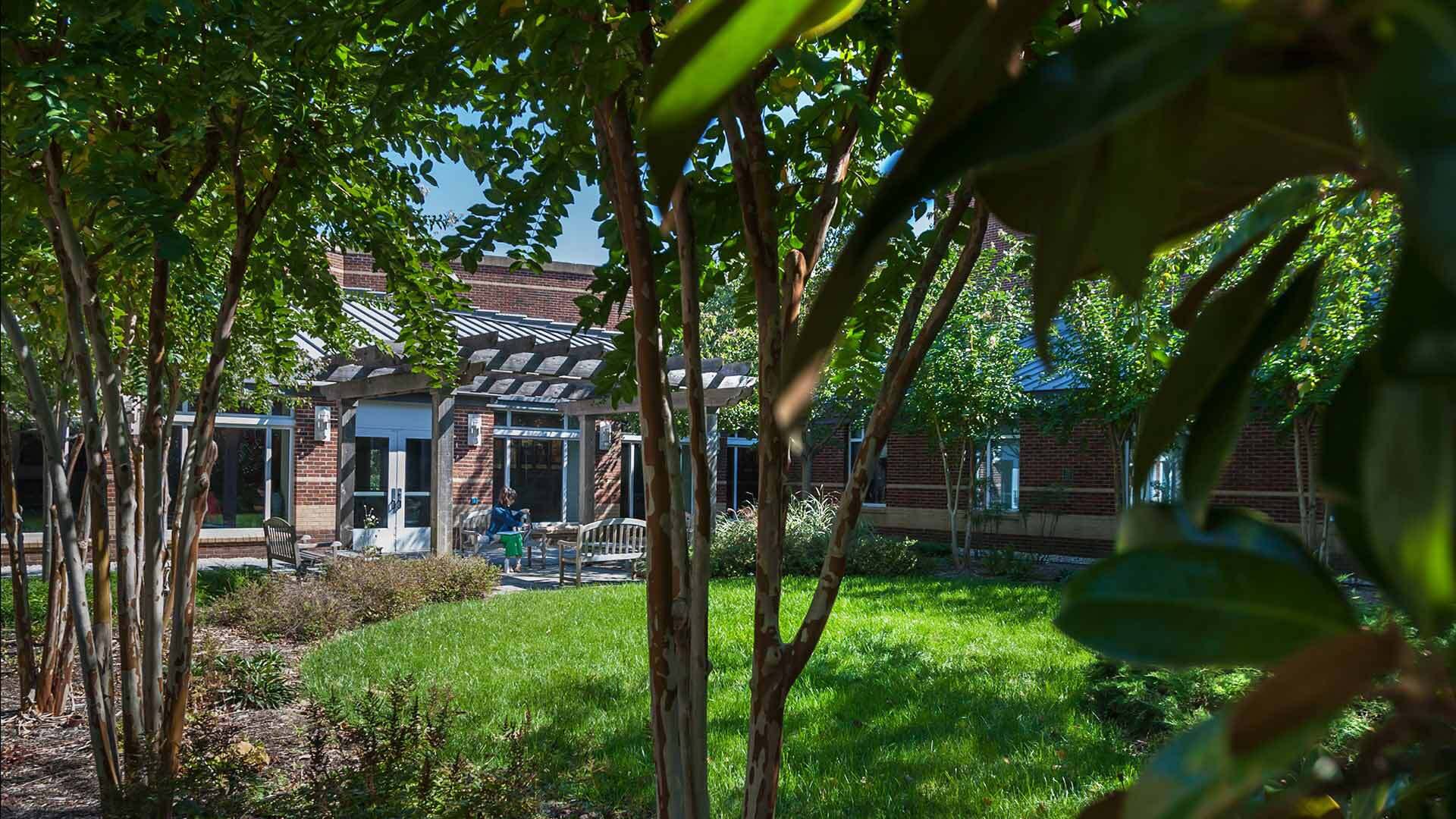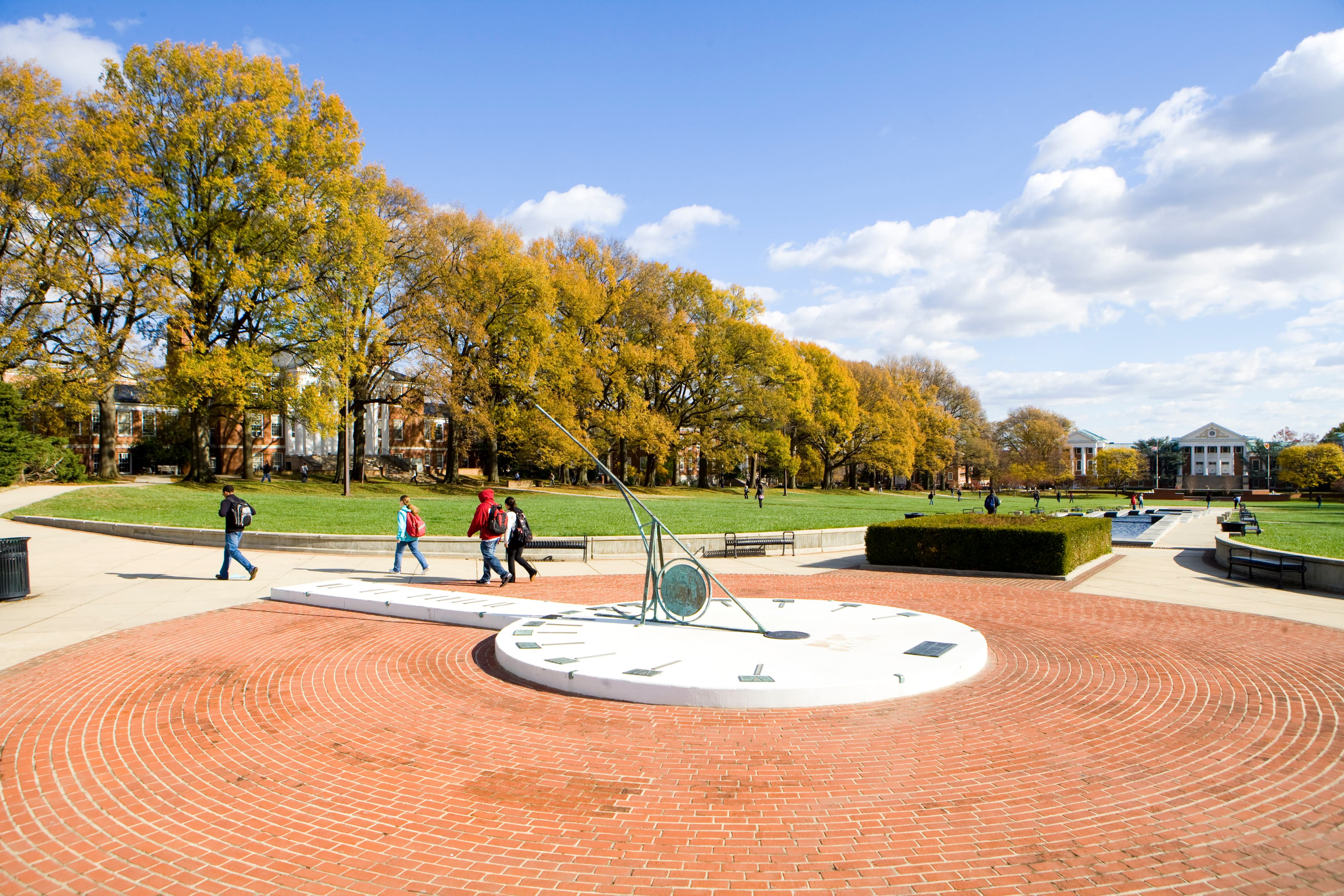Related Majors
Students will learn the practical and methodological tools needed to make innovative contributions toward international agricultural development that encourages technical, scientific and economic advancement in the cultivation of the Earth that enables sustainable consumption and equitable distribution while meeting the increasing demand for finite resources.










